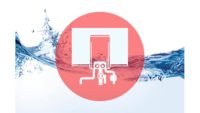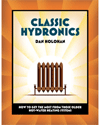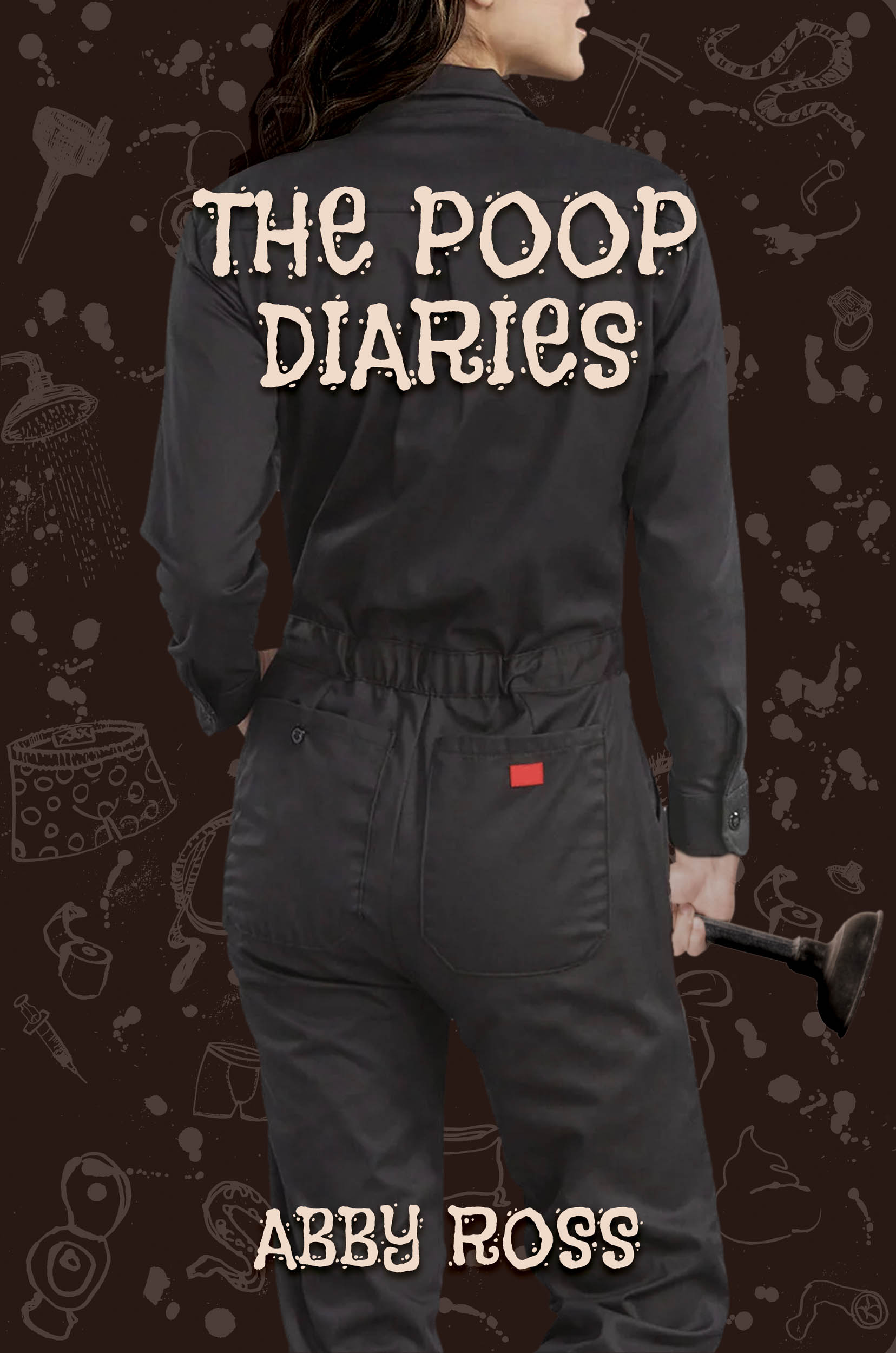My friend, Jenni, was visiting from Scotland and had never been to Central Park, so I took her there for a long walk, a ride on the carousel and some wine at the boathouse. We sat outside.
We were about three sips into that sweet part of the day when this ancient, cantaloupe-size, gnarled head rises out of the green water, about a yard away from our feet. It opens its cave of a mouth and Jenni screams. I shove my chair back and gape. The waitress walks over and smiles. “Turtle,” she says. “And if you think that’s something, you should see the fish that are in this lake. They look like they’re left over from a nuclear war.”
But I don’t want to discourage your potential visit to our fair city. The Central Park Boathouse is lovely and it is filled with wonder. My contractor buddy, John, had lunch there one day. He sits at the bar and he orders the tuna sandwich. After a while, the waiter brings it to him and John notices that the fish is very pink. In fact, it looks just like salmon. “I ordered the tuna,” John says to the waiter. “Yes,” the waiter answers and then scurries away.
John looks again at the fish and then asks the bartender to take a look. “What sort of fish do you think this is?” John asks.
“That’s definitely salmon,” the bartender says.
“Yeah?”
“Definitely.”
So John catches the waiter’s eye and motions for him to come over.
“This is definitely salmon,” John says. “I don’t like salmon. I ordered tuna.”
The waiter looks at the sandwich and says, “Yes, today the tuna is salmon.” And he scoots away.
Isn’t that delightful? It’s so wonderfully efficient! If you don’t have what the customer wants, just change the name of what you do have and call it what he actually asked for. Today the tuna is salmon. Brilliant!
Which gave me an idea.
A Subjective Term
You see, John is a very good contractor and he does his best to give his customers superb advice. He’s also a great listener. Lately, he has been listening to many of his customers as they tell him that they want high efficiency. The higher the better. They say this because high efficiency is all the rage in America. These days, you can’t throw a rock in New York City without hitting someone who wants high efficiency. They’re tripping over each other.
But high efficiency comes with a price that’s higher than normal efficiency (whatever that is), and because of that higher price, high efficiency is now a subjective term that is open to broad interpretation, and perhaps even reinvention. I believe it’s now time to ask this question:
What exactly is higher efficiency higher than?
For example, let’s say you own a building with a hydronic heating system. Your boiler is 30 years old and you’re not happy with your fuel bills. You’re in the market for high efficiency, not because you want to save the planet, but because you’ve had it with the big fuel bills. So you call a contractor, perhaps someone like John.
“A lot of my customers call and say they want to replace their boiler with a high-efficiency model,” John tells me. “So I go and look at the job. I work up a price, and as soon as they see this price, they ask me if there’s something cheaper that’s still high efficiency. I think, compared to what? And then I consider what they have right now. I tell them sure there is and I quote them on normal efficiency (whatever that is). And that’s almost always what they choose.”
Get it? Today, the tuna is salmon.
“Maybe you should just begin with lower efficiency (whatever that is),” I say to John.
“But that’s not what they’re asking for,” he responds.
“But that’s where they’re winding up.”
“That’s true,” John says. “But they asked for the tuna, not the salmon.”
“But what if today the tuna is normal efficiency,” I say.
“Hmm,” he says.
It’s such a subjective term, this high efficiency. The customers all want to hear about how much fuel they’ll save once you’re done with the job, but I don’t know many contractors who will put that in writing because customers are crazy. Some of them like to leave the windows open during the winter. If you put a number on the savings, they’re going to remember that as they breathe the fresh air and look at their still-too-high fuel bills.
And let’s remember that an entire system is connected to that new high-efficiency boiler. What shape is that system in right now? Is it balanced? Properly sized? Is everything beyond the boiler room working? How are the controls? Are all the valves in good shape? Are they going to let you fix the whole system so that everything talks to everything else, or are you just installing a new boiler?
I’m thinking that the only way to really prove savings in any building is to install the new high-efficiency equipment and then keep track of what happens during the next year or so. But who will keep track of this? Will it be the building owner? And is he just tracking the amount of fuel burned? Does that define high efficiency? Just fuel savings? If that’s all it is, we could keep the old equipment and shut it off for part of the day. Hey, nothing is more efficient than a burner that’s not running.
But shutting down the system will probably affect human comfort, right? So should human comfort come into play when we’re talking about high efficiency? And if we do that, who is going to step up to be the Standard of Comfort? Some folks like it warm while other folks like it cooler. And now we’re really talking systems, which includes the building envelope, windows, doors, insulation, controls, piping layouts, terminals units, circulators, and on and on. We’re not just talking about a high-efficiency boiler when we’re talking about human comfort.
So how do you test for comfort? Do you conduct polls? Who will pull that together? Do we need to get Gallup involved in this? And who’s going to pay for this?
This is getting complicated. Maybe high efficiency is a comparison of the building we’re working on to a similar nearby building that we’re not going to work on (if there is such a place). If you can make an improvement in your building you get bragging rights. But how can you prove that things got much better once you’re done? Will the folks in the other building show you their fuel bills and tell you about their level of comfort? And what if they decide to make changes to their building, but at less cost than what you charged? Maybe they just sealed the cracks and made some adjustments to the burner or gave their boiler a good cleaning.
If we’re going to define high efficiency as a comparison to some other similar building, any improvements they make will take away from what you achieved. So subjective, this high efficiency business.
Perhaps high efficiency is really just a state of mind, based on how much the customer wants to spend and how he perceives the return on the investment. Whatever he gets is probably going to be better than what he has now. Is that high enough?
Beats me, but who knows what the tuna will be tomorrow?
HELPFUL LINKS:
Contact pme
HeatingHelp.com
Follow PM on Twitter!
Like PM on Facebook!







